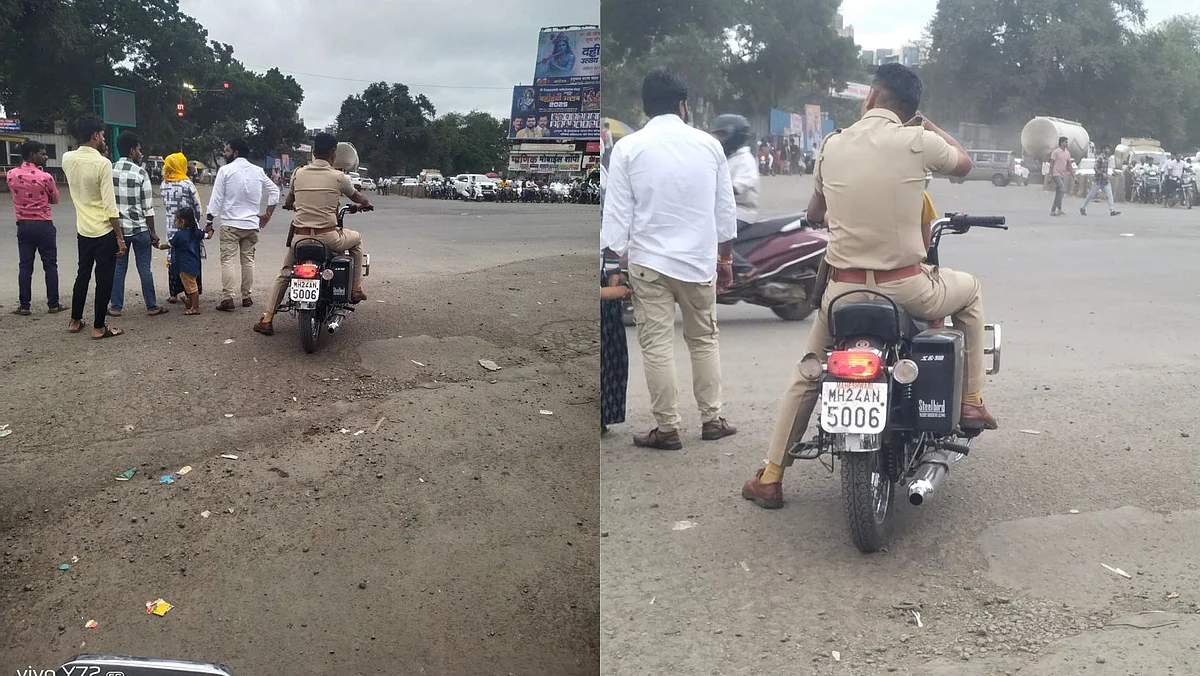Desperation can be dangerous. It often forces the weak off course. That the Congress party would mouth the slogan last popularised by BSP ideologue Kanshi Ram in the ’80s, underlines its growing impatience sitting in the Opposition. “Jiski Jitni Sankhya Bhari, Us ki Utni Hissedari” was the clarion call of Kanshi Ram in UP when he popularised the party by evoking the anti-upper caste sentiment amongst the socially and economically weaker castes. For a party which refused to allow a caste census, for a party which sat on the Mandal Commission report for decades, for a party which was deadest on caste-based reservations, to now demand a country-wide caste census is indeed a great fall. The lack of popular support has made the party embrace caste populism, a worse kind of identity politics. Investing in caste-for-votes can only deepen further the fault lines in an already fragile social fabric. Politics is regressing all around as the parties feel under pressure to woo the voters by whatever means possible. Unfortunately, in this race to the bottom no party can stay aloof. Despite its reluctance the ruling BJP too will have to fall in line. The demand for a nation-wide caste survey along with the next census may be hard to resist.
That the last caste census was held way back in 1931 reveals the maturity of leaders since who were committed to rid the society of the baneful effects of caste. Traditionally, some castes might have been associated with endemic poverty, illiteracy, backwardness but the path chosen out of them was faster economic development so that the benefits trickled down to the last person in the society. Faster economic growth still remains the best and ideal solution to eradicate the ills associated with caste. But instead of joining hands to ensure faster economic growth, spread of educational facilities, creation of jobs, etc., most political parties have seized upon caste as a quick-fix to rise up the greasy pole of electoral success. Nitish Kumar in Bihar undertook a caste survey to arrest his growing irrelevance. The decision was taken when he was still in alliance with the BJP. The release of the survey has occasioned a demand for more such surveys by other States. Karnataka is sitting on the report of one such survey which Chief Minister Siddaramaiah refuses to release. Interestingly, the Bihar survey reveals that the percentage of extremely backward castes is a little over 36, while Yadavs account for 14 percent. If the roughly fifteen percent upper castes have been ruling the roast all these decades, post-Mandal Yadavs have cornered the benefits of reservations with their 14 percent share in the OBC population. Shouldn’t Laloo Yadav’s extended family, including Deputy Chief Minister Tejashwi Yadav, make way for members of the extremely backward castes? Otherwise, their claim to be the champions of the OBC castes would sound hollow, especially if they seek to remove the 15% upper castes from the seats of power. The natural corollary of the caste survey in Bihar would bolster the demand for reservations within reservations. Will not the dominant Yadavs resist this if by law their cornering of the reservation pie was to be prevented?
On the rebound, there shall now be a demand for breaching the Supreme Court-laid cap of 50% reservations. In the South, especially in Tamil Nadu, this had already been done. The way we are regressing into tribal politics with each caste rooting for itself, with the devil taking the hindmost, a further atomisation of the polity is inevitable. More and more caste-based parties will claim their proportional share in power. As it is, Rahul Gandhi has already endorsed that sentiment. Instead of devising ways for faster economic growth, which alone is the best antidote to lift people out of endemic poverty and backwardness, we are regressing into a worse form of populism, the deleterious effects of which are already there for all to see. The demand for the old pension scheme, freebies of all sorts, and now an expansion of the reservation pie beyond the court-mandated 50% are all signs of political degeneration. The unwritten pact among political parties to not sacrifice larger national interest for short-cuts to power seems to have broken down. All parties without exception are guilty of short-termism. The rising demand for more and more reservations in jobs and educational institutions — which soon could spread to the private sector as well — underlines the failure of successive governments to provide “roti, kapada aur makaan” to the teeming millions. Instead of greater economic opportunities our politicians have taken to creating more and more reservations — a recipe for sharpening caste identities and slower economic and social development.












